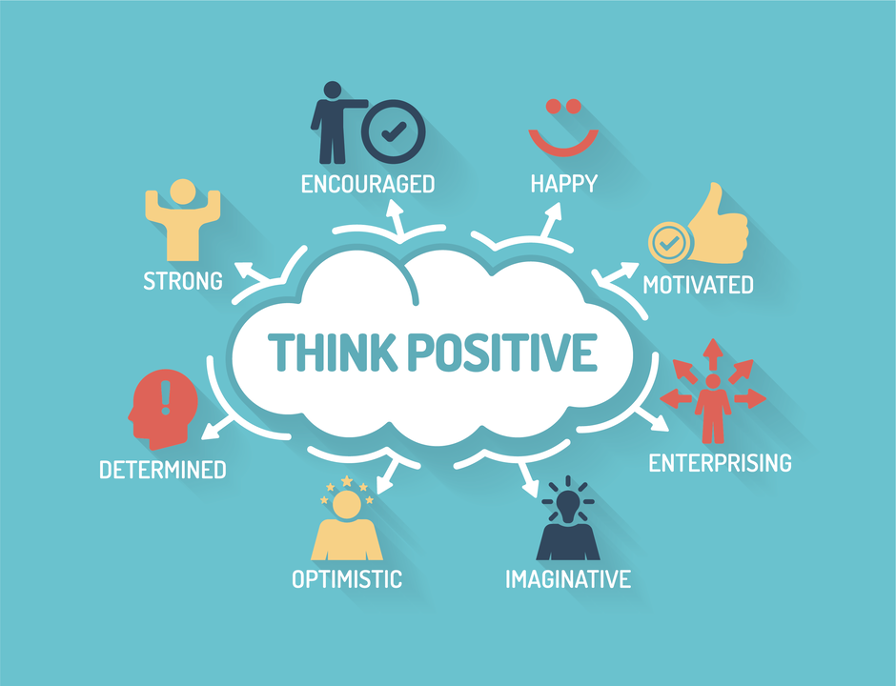The dangers of overestimating your abilities
- Posted on 06 February, 2024
- stocks trading
- By Somto Daniel

Let’s be honest: we all like to think we’re a little smarter, more talented, or better-looking than we actually are. But while confidence is a wonderful thing, overconfidence can be a real buzzkill especially when it comes to things like investing, trading, or, say, entering a karaoke competition after one too many drinks.
Overestimating your abilities can lead to some pretty spectacular blunders, from disastrous trades in the stock market to trying to assemble IKEA furniture without reading the instructions. It’s the classic tale of hubris, where our inner voice (you know, the one that sounds suspiciously like a superhero) convinces us that we’re invincible, only to end up face-planting into reality.
So, why do we tend to overestimate our abilities, and what can we do to keep our feet firmly on the ground? Let’s dive into the quirky psychology behind this tendency, explore the consequences, and learn how to strike the perfect balance between confidence and humility.
1. The Psychology of Overestimating Abilities: Why Are We So Full of Ourselves?
Overestimating our abilities isn’t just a random quirk; it’s deeply rooted in human psychology. Psychologists call this phenomenon the Dunning-Kruger Effect. Essentially, it’s a cognitive bias where people with low ability at a task overestimate their skills, while those with high ability tend to underestimate themselves.
Why does this happen? Well, it turns out that the less you know about a subject, the less aware you are of your ignorance. It’s like that friend who confidently claims they could “totally beat Usain Bolt in a race” despite their only cardio being the sprint to catch the ice cream truck.
This tendency to overestimate our abilities comes from a mix of cognitive biases, wishful thinking, and a little bit of that feel-good brain juice called dopamine. It feels nice to think we’re great at everything, but reality can sometimes deliver a harsh slap.
The greatest enemy of knowledge is not ignorance; it is the illusion of knowledge.
If overestimating your abilities were a sport, most of us would probably think we’d be Olympic champions!
Related stories:
👉🏽Using Technical Indicators To Find Trading Chances
👉🏽Using Technical Indicator To Find Trading Chances
👉🏽The Benefits Of Leaning About Investing And Personal Finance
2. The Consequences of Overconfidence: When Belief Outpaces Ability
While a little confidence is necessary to take risks and make decisions, overestimating our abilities can lead to some pretty gnarly outcomes. Here are a few ways this sneaky bias can wreak havoc:
-
Poor Financial Decisions: Overconfident investors might believe they have a unique insight into the market and ignore professional advice, leading to risky investments and, ultimately, financial losses. It’s like thinking you’re a blackjack master after winning a few hands until the house takes it all back.
-
Career Setbacks: Believing you’re more skilled than you are can lead to taking on tasks or projects that you’re not prepared for, resulting in failure, burnout, or even job loss. Remember, just because you watched a TED Talk on quantum mechanics doesn’t mean you should apply for a job at NASA.
-
Relationship Strains: Overconfidence can make you seem arrogant, unwilling to listen, or incapable of compromise. Whether in personal relationships or professional ones, it’s important to know when to dial down the bravado and hear others out.
Confidence is silent. Insecurities are loud.
Overconfidence is like trying to teach a cat to fetch... sure, you might think it’s possible, but reality will hit you in the face when your cat gives you that “are you kidding me?” stare
3. The Humbling Effects of Overconfidence: Learning the Hard Way
There’s nothing like a good old-fashioned humbling moment to remind you of your limitations. In the financial world, overconfidence often results in “teachable moments” aka, losses. Many seasoned investors have stories of their early days when they thought they had all the answers, only to be shown (sometimes brutally) that they still had a lot to learn.
-
The Reality Check: Those who overestimate their abilities often find themselves in situations where reality checks their ego. Maybe it’s losing money in the stock market, failing to impress with that “brilliant” business idea, or realizing that mastering chess takes a little more than just knowing how the horsey piece moves.
-
The Value of Failure: Believe it or not, experiencing failure due to overconfidence can be a blessing in disguise. It teaches humility, perseverance, and the importance of continuous learning. After all, who among us hasn’t learned more from a bad decision than from a lucky break?
Failure is simply the opportunity to begin again, this time more intelligently.
Failure is just success in progress... if you squint really hard and tilt your head a bit!
Trending Now: 👉🏽Focusing On Stocks That Pays Regular Dividends
4. How to Avoid the Overconfidence Trap: A Crash Course in Humility
Overcoming the tendency to overestimate your abilities isn’t about losing confidence; it’s about balancing confidence with reality. Here are some practical tips to help you walk that fine line:
-
Know Your Limits: Regularly assess your skills and knowledge honestly. Ask yourself what you truly know versus what you think you know. If you wouldn’t trust yourself to give someone a haircut, why would you trust yourself to handle their portfolio?
-
Seek Feedback: Don’t be afraid to ask for feedback from peers, mentors, or experts. Accept constructive criticism graciously. Remember, you’re not auditioning for “America’s Got Talent” — it’s okay to learn from others.
-
Stay Humble: Acknowledge that there is always more to learn. Humility isn’t about thinking less of yourself; it’s about recognizing that you’re a lifelong student in a world of infinite knowledge.
-
Do Your Homework: Whether it’s a financial decision, a business venture, or a new hobby, make sure you’ve done the necessary research. Preparation is the antidote to the poison of overconfidence.
-
Celebrate Small Wins But Keep Perspective: Yes, celebrate when you succeed, but keep those victories in perspective. Remember that success in one area doesn’t automatically make you a genius in every other field.
True humility is not thinking less of yourself; it’s thinking of yourself less.
Overconfidence is like a sugar rush, it feels great until you crash and realize you’ve eaten an entire cake by yourself.
5. Embracing the Power of Balanced Confidence
While overestimating your abilities can lead to trouble, a healthy dose of confidence is still essential for success. The key is to maintain a balance — to be confident enough to take risks but humble enough to recognize when you need help.
-
Be Bold, But Not Reckless: Don’t let the fear of overconfidence paralyze you into inaction. Taking calculated risks is a necessary part of growth. Just make sure your risks are backed by research, preparation, and a willingness to learn from failure.
-
Learn to Laugh at Yourself: One of the best ways to keep overconfidence in check is to have a sense of humor about your mistakes. We’re all going to make them, so why not enjoy the ride?
Confidence is not ‘I will always win.’ It’s ‘I will be fine even if I don’t.
If at first you don’t succeed, try again. Then quit. No use being a damn fool about it! (Just kidding… but also, know when to pivot!)
Conclusion: Confidence is Great, But Overconfidence Can Wait
Overestimating your abilities is a common human trait, but it doesn’t have to define you. By recognizing the dangers of overconfidence, embracing humility, and maintaining a balanced perspective, you can achieve great things without setting yourself up for unnecessary setbacks.
So go out there, be confident in your abilities, but remember that even the best of us need a little help, a little humility, and a lot of humor. After all, it’s not about being perfect; it’s about being willing to learn, grow, and maybe laugh at yourself a little along the way.
Final Thought: “It’s good to have self-confidence, but too much of it can lead to a crash landing. So keep your feet on the ground, but don’t be afraid to take off!” ✈️😊
Remember, confidence is like a good haircut — a little trim can make you look sharp, but overdoing it might just leave you bald! 💇♂️
You might also like:
👉🏽Finding Undervalued Stocks For Long Term Gains
👉🏽How Does The Stock Markets Really Works
👉🏽The Impact Of Commission Free Trading Platforms




0 Response